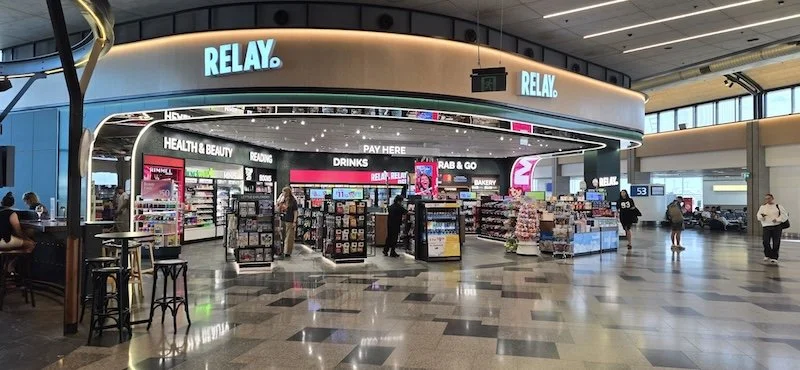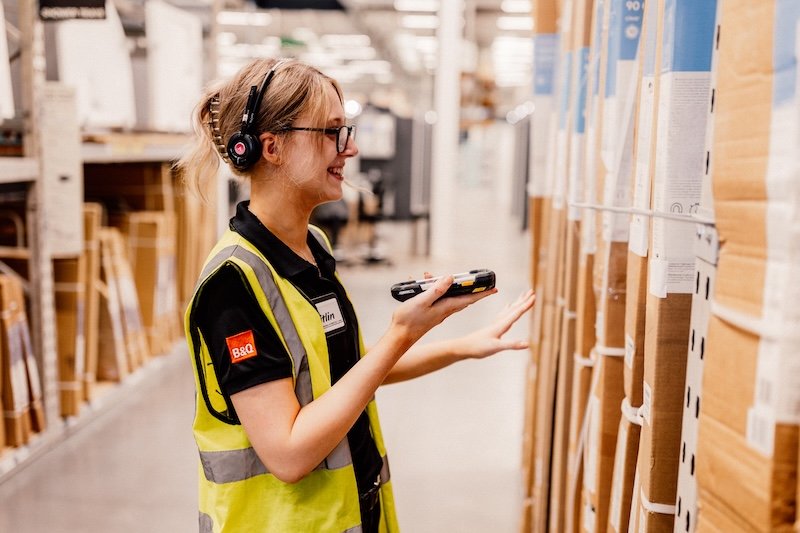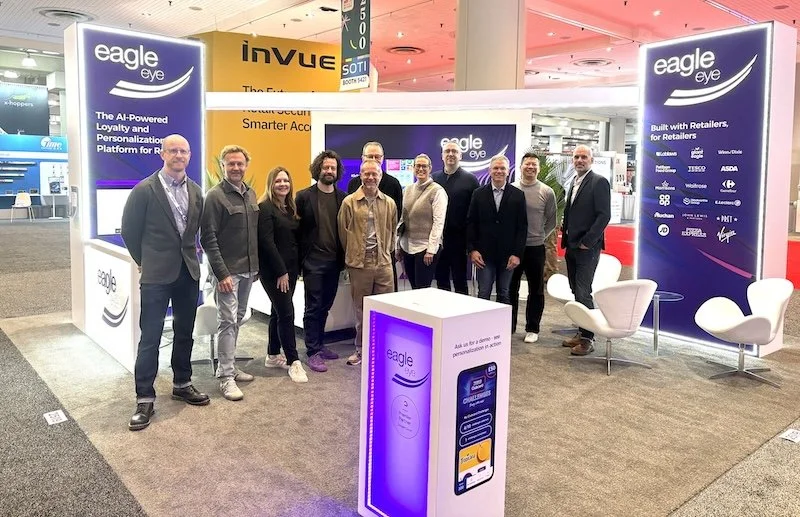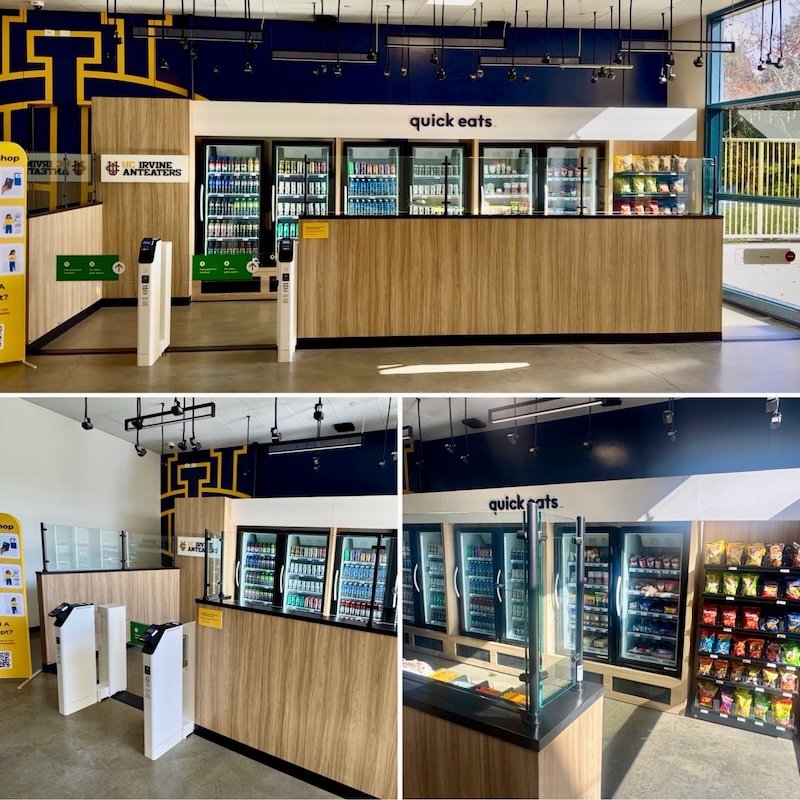Amazon UK pays business rates of £63m-plus
Amazon has moved to address criticism from retail rivals, unions and MPs of the business rates that it pays in the UK.
In a blog post, the e-commerce giant admits that its contribution to the UK economy, through jobs, investments and business rate payments, hasn’t always been clear. But it insists that some reports about the latter have been based on just a small number of its fulfilment centres in England and Wales, and did not take account of substantial investment right across the country.
“We have close to 100 UK sites, and last year Amazon paid business rates of more than £63 million – tens of millions of pounds more than estimates and more than is paid by many well-known High Street retailers. These sites include fulfilment centres, research and development centres, corporate offices in London, Amazon Lockers, Whole Foods Market stores, and delivery stations. These diverse facilities are home to more than 27,000 full-time employees and the result of nearly £10 billion invested across the UK since 2010,” the blog post states.
So, that’s £63 million despite recording sales of £8 billion. Compare that with John Lewis, which stumped up £174 million based on revenues of £10.2 billion in 2018, and Marks & Spencer which paid £184 million to the Treasury after making £9.6 billion in sales.
Ah, but you have to remember that many of its facilities are a million square feet or more with thousands of employees and so need to be located outside city centres, with major transportation links that enable it to meet the needs of customers and sellers, Amazon states. Other locations, like Whole Foods Market stores, corporate offices, and research and development centres, are in the heart of major cities like London. In each case, the business rates for those facilities are set by local authorities.
“Online sales are still less than a fifth of total retail sales in the UK, and Amazon is a small percentage of that – perhaps a lot less than some people realise. We’ll continue working hard to earn customers’ trust and, if we’re successful and British customers choose to shop with us, we’ll continue to invest and create jobs in the UK to meet that demand. And, of course, we’ll continue to pay all the taxes owed in every community that we call home,” the blog post concludes.










Continue reading…